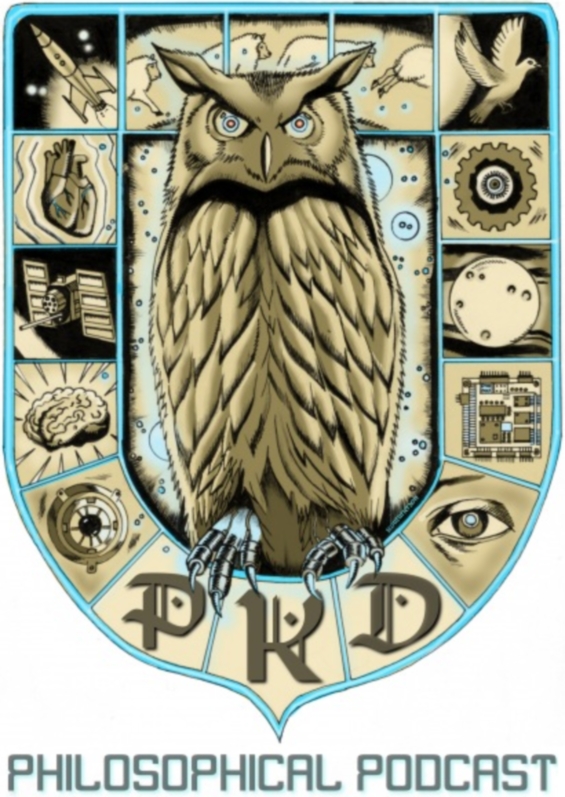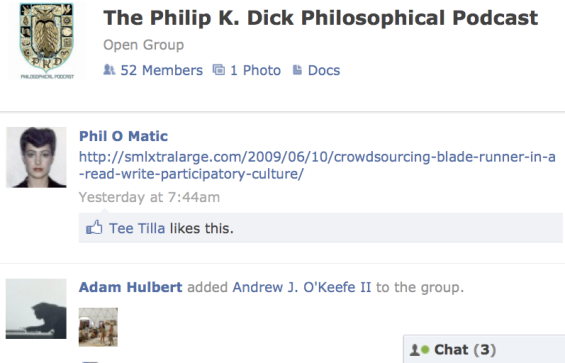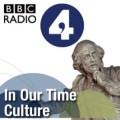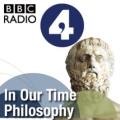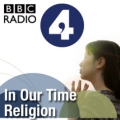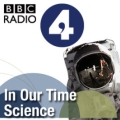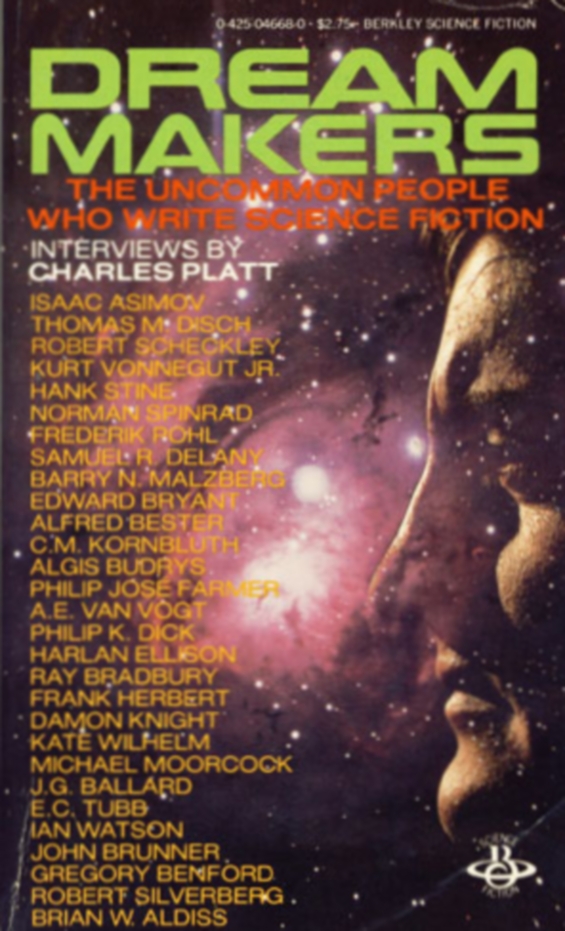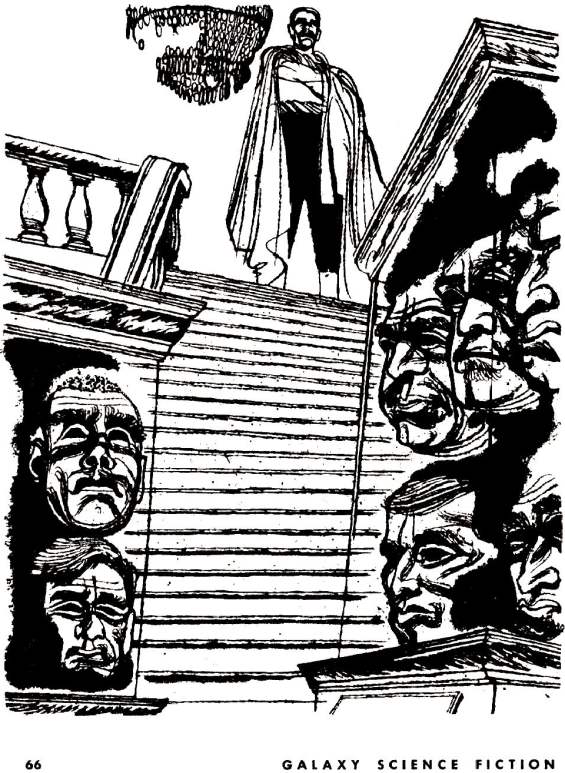
Back in 2006 Jason Rennie was my podcasting archfoe. He had a podcast called The Sci Phi Show. Back then I used to post about it a lot. It podfaded sometime in 2008.
Jason was a podcaster with whom I had many, many arguments. The problem was I just couldn’t help myself.
Part of it was that he was always talking about topics I loved to think about. And normally that would be cool. But with Jason it always felt more like this…
Now I don’t think Jason was actually out to get me – he lives in Australia so he’d have a long way to swim – it’s more like he was a mirror universe version of myself. I just had to fight him!
And part of it was that he was rather like me – he liked to look for the philosophy in Science Fiction – that’s my thing!
He was doing it wrong.
Jason was a big, big fan of belief.
I too like the idea of certainty (which is a kind of ersatz twin of belief). But having grown fairly comfortable with the fact that certainty is itself a very elusive end to chase I’ve learned not to often persue it.
Incidentally, check out this awesomely funny sentence from the Wikipedia entry on certainty:
![It is widely held that certainty about the real world is a failed historical enterprise (that is, beyond deductive truths, tautology, etc.).[1] It is widely held that certainty about the real world is a failed historical enterprise (that is, beyond deductive truths, tautology, etc.).[1]](https://www.sffaudio.com/images12/FromTheWikipediaEntryOnCertainty565.jpg)
So like I was saying, Jason Rennie was the antipodean Jesse Willis.
He was a self-confessed Christian, and he metaphorically wore a crucifix round his neck in every single podcast he produced.
This is rather unlike me. As I am a nothing, holding no religious belief and answering the question of my religious convictions much like THIS when asked.
But somehow, listening to Jason’s show, I always found myself drawn in.
I think it was something about the assumptions he made in every podcast. And how they just lay there, unchallenged.
It’s not like I have a very big atheistic axe to grind, not having being raised with any religious belief that I’ve now overcome or dispensed with …. I mean …. how could I have any real axe to grind? I was never even given a metaphorical helve!
Jason used to insist that I had a worldview and that I was just refusing to articulate it. I think he was wrong, and is wrong. But I’ve thought about that a lot since then. The closest I think I come to having a worldview is with a conversation game I like to play.
At a party, or around a dinner table, I like to ask everyone to figure out what a given person’s favourite word (or phrase) is. And then I ask what that word or phrase might mean about him or her.
So for example, at one such party we figured out that my mom’s favourite phrase is “at least” – and we figured that perhaps that meant that she was always looking on the bright side of things.
Fun right?
My favourite word, apparently, is the word “apparently.”
Personally I like to think my extensive use of “apparently” is because I care greatly about precision and that that the word works as a kind of bulwark to my skepticism about my own statements. Apparently others hold other opinions on this matter.
My friend Luke Burrage’s favourite phrase on SFBRP seems to be “it’s a bit strange.”
I think it’s a bit strange that that’s his favourite phrase because I’m not sure what it means.
Now, having listened to Jason’s podcast, I think his favourite phrase was “intellectually lazy.” I don’t know exactly what that means about him either. It’s more of an observation at this point. I’d need to discuss the matter more with people who’ve heard him use it in context. Figure out if it really is a phrase that stands out and if so what meaning it might have.
This all would have been of little interest except, apparently, Jason had recently un-podfaded his podcast!
And it seems he is actually producing two podcasts now!
One is familiar in name and substance. It’s called The Sci Phi Show, a ressurectied version of the old show with new recordings on familiar topics. And the other is wholly new, but similarly themed show called Christian Meets World.
I’ve listened to a few episodes of both.
And, apparently I’m still a sucker for Jason’s magnificently targeted antagonism, all these years later.
I wouldn’t have said anything, but for Twitter.
It’s been a few days now I’ve been unable to get this horrible tweet out of my head:
What can I say to that?
It’s like a tractor beam … must resist … can’t resist!
‘Say nothing’, my friends tell me, ‘it’s just linkbait’ they say.
And I want to listen to them …. but Jason is …. just …. so …. wrong!!!
I think I’m going to quit looking at Twitter.
Posted by Jesse Willis
Also:
Jason can’t have his old archfoe status back, that slot is currently occupied by a fiend of a different ilk.
A terrible menace that apparently doesn’t even know of his own status as such.
I speak of course, of that arch-villain, that Professor Moriarty of podcasting, that obstructionist joker known as Patrick Hester.




